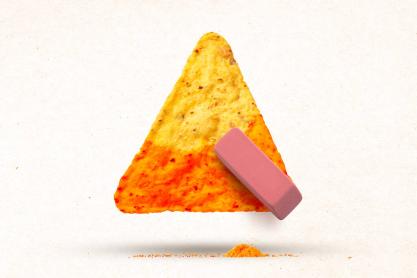The time students spend on math and science homework doesn’t necessarily mean better grades, but it could lead to better performance on standardized tests, a new study finds.
“When Is Homework Worth The Time?” was recently published by lead investigator Adam Maltese, assistant professor of science education at Indiana University, and co-authors Robert H. Tai, associate professor of science education at the University of Virginia’s Curry School of Education, and Xitao Fan, dean of education at the University of Macau. Maltese is a Curry alumnus, and Fan is a former Curry faculty member.
The authors examined survey and transcript data of more than 18,000 10th-grade students to uncover explanations for academic performance. The data focused on individual classes, examining student outcomes through the transcripts from two nationwide samples collected in 1990 and 2002 by the National Center for Education Statistics.
Contrary to much published research, a regression analysis of time spent on homework and the final class grade found no substantive difference in grades between students who complete homework and those who do not. But the analysis found a positive association between student performance on standardized tests and the time they spent on homework.
“Our results hint that maybe homework is not being used as well as it could be,” Maltese said.
Tai said that homework assignments cannot replace good teaching.
“I believe that this finding is the end result of a chain of unfortunate educational decisions, beginning with the content coverage requirements that push too much information into too little time to learn it in the classroom,” Tai said. “The overflow typically results in more homework assignments. However, students spending more time on something that is not easy to understand or needs to be explained by a teacher does not help these students learn and, in fact, may confuse them.










